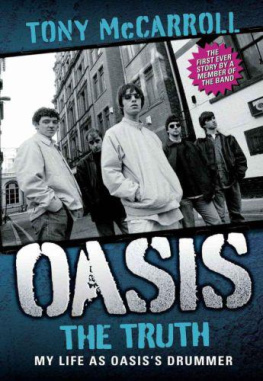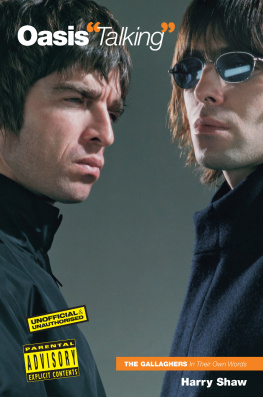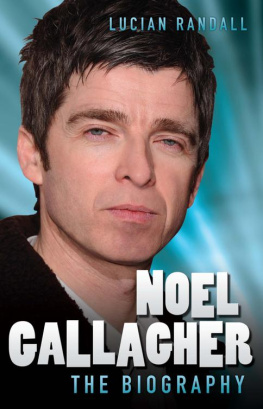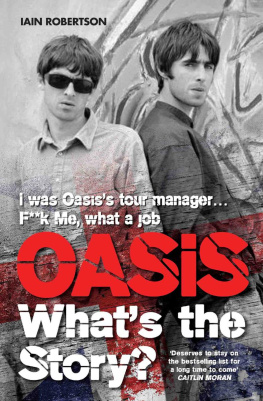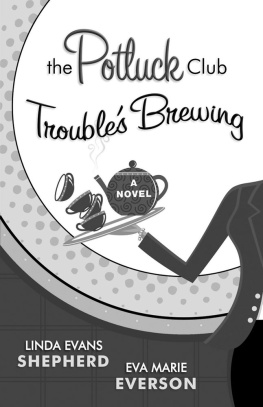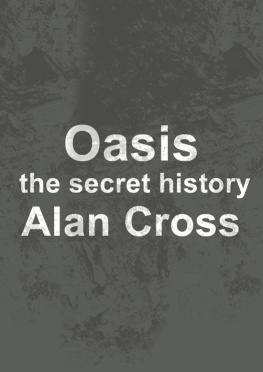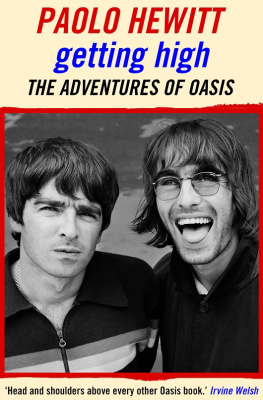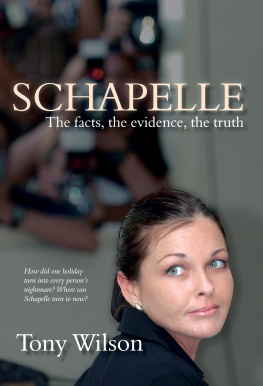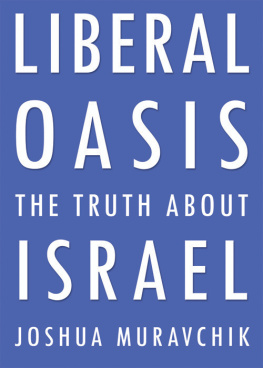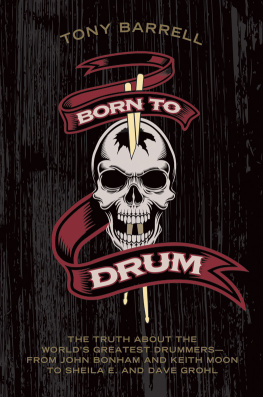
For Willie ODonnell and Mark McCarroll.Sleep tight, boys.
CONTENTS
APPENDICES
PREFACE
I t was the winter of 2008 and I was back in Levenshulme, Manchester. My old friend BigUn thrust a copy of The Sun towards me, with an instruction to turn to the Bizarre showbiz page. I did so, expecting the usual. And I wasnt let down. Noel Gallagher was blessing the pages again on his promotional drive for what might possibly be the final Oasis album, Dig Out Your Soul . I had been a founding member of the band.
He was rattling on about my unsuitable haircut and piss-poor drumming once more, but by now I was accustomed to those insults. Over the previous six albums, my hair had been a major marketing tool for him. Id had 15 years of such treatment. I looked at the photo of Noel in the paper and realised he was shaping his own hair upwards in an attempt to gain a little extra height. Some things never change. I was not sure why he was so fixated with hair. I wasnt even in possession of my mop any more. But it was time for Noel to flog an album. And thats where I get involved.
My name is Tony McCarroll and I was one of the original members of the rock n roll band Oasis. I formed this group with my childhood friends and spent five years in it. I am often referred to as The Nearly Man, a Mancunian Pete Best, The Stupidest Man in Pop Music, alongside a host of other derogatory terms. Time to put the record straight I guess. Hopefully, this insight into my life, the Gallaghers, Oasis and the well-oiled machine we all know as the music industry will go some way towards putting those insults to bed; then again, maybe not. That, I suppose, is for you to decide.
What I can state with absolute certainty is that the story told by Noel Gallagher be it through him, the other band members or sycophantic rock journalists will not tie in with my version of events: that he stepped in and took control of a hopeless band of misfits, armed with a bag that contained hit record after hit record. It will not tally with his being the voice of an underclass, the working-class generation. And it certainly wont tally with his story of the events that surrounded my unceremonious exit.
Now I hear your alarm bells ringing. But dont worry, this isnt going to be a vicious swipe from a rejected band member. Hopefully, you will find it an honest overview of the formation of Oasis, and a reflection on the pitfalls of life in particular, the ones that litter the music industry. It is also a recollection of times past, which I hope you will be able to relate to and enjoy once again. But most importantly: its the truth.
Tony McCarroll
October 2010, Manchester, England.
CHAPTER 1
HE BANGS THE DRUMS
I was born at seven oclock, on a typically grey Mancunian morning, in the summer of 1971 at St Marys Hospital, Hathersage Road, Victoria Park, in Manchester. My parents are Tony and Bridie McCarroll Irish immigrants and dream-makers both. I was their first child, and as my dad held me aloft on the ward he was already making plans for my musical upbringing. Whether to pass times on long cold nights across the water or to commemorate a fallen hero or freedom fighter, the Irish have always held musicianship in high regard. Guitars, accordions, keyboards, whistles and drums were like toys in our house. Combined with a record turntable constantly on the go, it made for a great place (and time) to grow up.
I was the first of three boys. All three of us would become addicted to playing and enjoying music. We lived in a traditional red-bricked two-up two-down on Wetherall Street, Levenshulme, 3 miles south of the centre of Manchester. The city had become a second home for many Irish since its rise as an industrial power. My dad ran a construction business, which left my mother to chase us around the house. I had a very loving and happy upbringing though if we stepped out of line, there would be the whoosh of the brush to dodge. I guess its easy to look back on bygone days in a misty, wistful kind of way, which can be misleading, but I can honestly say I enjoyed every challenge or dare that came my way. I was that type of kid.
My first challenge in life came early on, when I was only five years old. An old wooden World War II demob hut still stood on Chapel Street in Levenshulme. The building had been turned into a dole office first, then a nursery. I was busy minding my own business at this nursery one day when I was plucked up and sat in front of a television camera. The cameras had arrived, along with a group of oddly dressed strangers who didnt dress and talk the way my mum and dad did. They laid in front of me an array of toys and games and a very nice young lady told me I could play with whatever I wanted. I immediately grabbed a pair of wooden drumsticks that lay on one side and began to hammer away on anything within striking distance. The film later appeared on a flagship BBC childrens programme called Playschool : when the camera shot through the square window, I was revealed clutching that pair of drumsticks, banging away. A spark had been lit.

The sun beat down on the street outside my house, transforming the tarmac to a warm, pliable liquorice. It was the summer of 1976 famously, a scorcher. I was using the melted tarmac as paint to daub my name on the baking pavement when I first heard the noise. Boom-boom-thud. Boom-boom-thud. Boom-boom-thud. The noise came from a very large drum strapped to a teenage member of the Boys Brigade who was ferociously beating out his rhythm despite the blistering conditions. Behind him came the rest of the boys, marching in time while completing rolls on the snares. I was amazed. A Boys Brigade band, kitted out and in full uniform, and marching down those tight Mancunian terraced streets on such a hot day did they actually want them to faint, or what? The sight of that large bass drummer had left me captivated, though. Each blow delivered to his skins directed and drove the other musicians wherever he wanted to lead them. Like the Pied Piper, he would speed up the tempo when they were marching through some of the areas more dangerous spots, then slow down if the route was lined by the more senior citizens of the community, who would wave and reminisce around the days when the British Empire still meant something. I ran behind the drummer and shot questions at him: How can I play the drums? Who taught you to play? Will you teach me?
Now, I understand that the combination of the pressure of leading the band and trying to stay hydrated not to mention staying conscious, and keeping in time can lead a person to become somewhat short tempered. But still I dont believe it justifies cracking a six-year-old kid in the face with a fucking drumstick! It stung, but funnily the main thing I remember now was that he never lost the beat; he simply slipped the assault into a break in the music.
Despite this potentially off-putting attack, I was totally transfixed. The love affair had begun. I immediately raced home to tell my mother and father that I had abandoned my ambition to become the Six Million Dollar Man and instead was intent on forging a career as a drummer. I reminded them of my first TV appearance, as if it had been destiny. They smiled, as they always did when I came up with one of my grand schemes, but after a few days they sat me down and counted out the jam jar money that sat on a shelf in the kitchen. With just enough to cover the deposit, we made our way towards Manchester city centre, where I was to choose my first set of drums. Although this gift meant nothing at that time to an excited six-year-old, it was a sacrifice for my mother and father: after all, they were giving up any spare cash they might have set aside.
Next page
